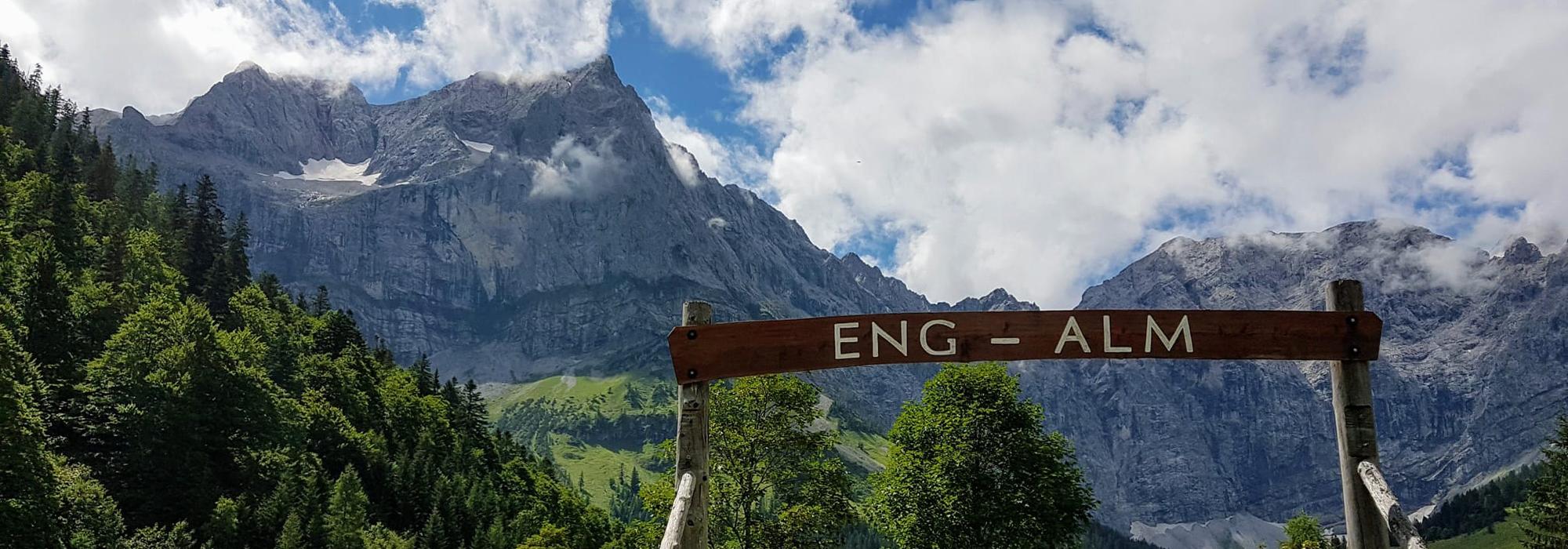
Report: Immersive German at the Goethe Institute, August 2021
With funding from the Gerry Grimstone Grant and Graduate Research Grant, James Hua was able to spend three fruitful weeks during August 2021 on an intensive course at the Goethe Institute’s branch in Munich.
As one of the best academic institutions for learning German, the Goethe Institute organises a range of language courses each summer to immerse students into Germany’s culture and refine their language skills.
The course focused on developing my German language skills, especially spoken, through intensive daily classes inside and outside the classroom. Over two weeks, I participated in 50 hours of in-person classes at the Institute’s hub in Munich with ten peers, where we practiced and developed our conversational German and grammar at level B.1. Various engaging mock ‘counselling sessions’ at travel-agencies, interviews in the workplace, and virtual trips through train stations and airports – all to practice and listen to spoken German – guided these interactive classes. These morning classes were complemented by cultural trips around Bavaria in the afternoons, as opportunities to put our lessons into practice in the real world. Immersed in this rich environment, I made full use of the opportunity to improve my German skills rapidly, thoroughly, and via local insights, in one of Germany’s most important and historical cities.
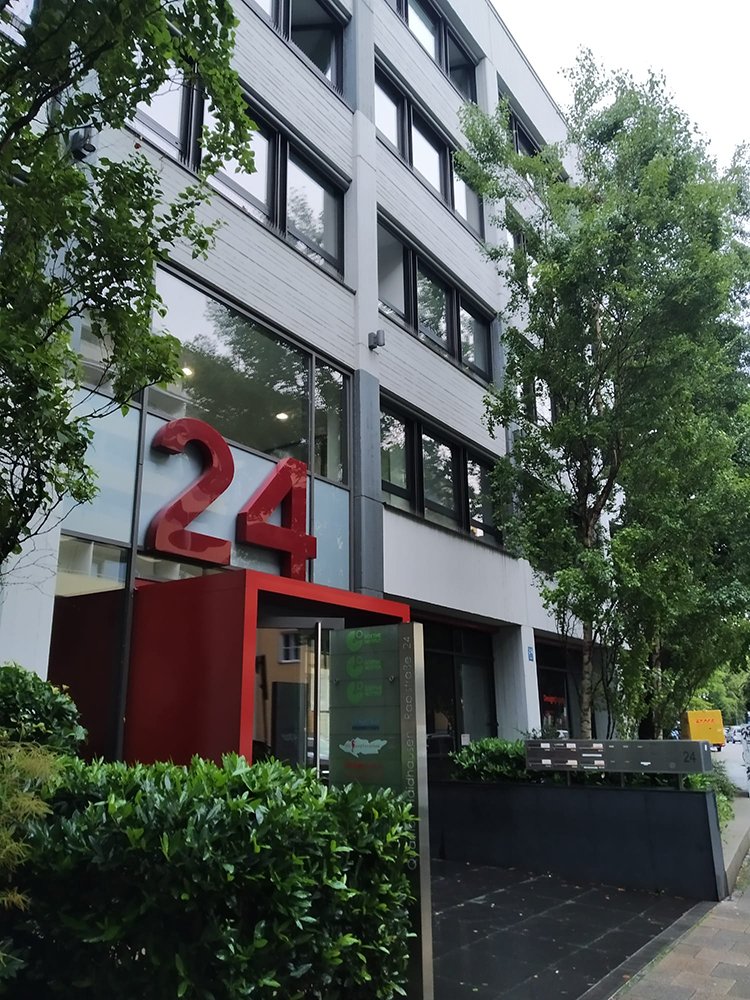
Building on my MPhil classes this past year, I undertook this intensive language course in Germany itself for three primary reasons. By improving my spoken German on this course, I wanted to expand on an MPhil module I took this year on learning to read scholarship in Classics written in German, which was one of my most stimulating modules. The consolidation and exposure to new grammar and writing styles on the course would help me come to grips with a wider corpus of Classical scholarship, and thereby improve the quality, completeness, and up-to-date nature of my research. Second, extending this academic focus to a more interactive level, I also hoped that the course would give me the tools to communicate more fluently with German-speaking scholars and colleagues verbally. This verbal communication would also facilitate my future research collaborations, especially in interdisciplinary, cross-institution projects. Finally, and closer to home at Merton, I want to speak German more fluently to integrate better with the wonderfully international MCR, of which a large portion is German-speaking. This shared cultural understanding and tighter-knit community would moreover improve my work as MCR Social Secretary this year.
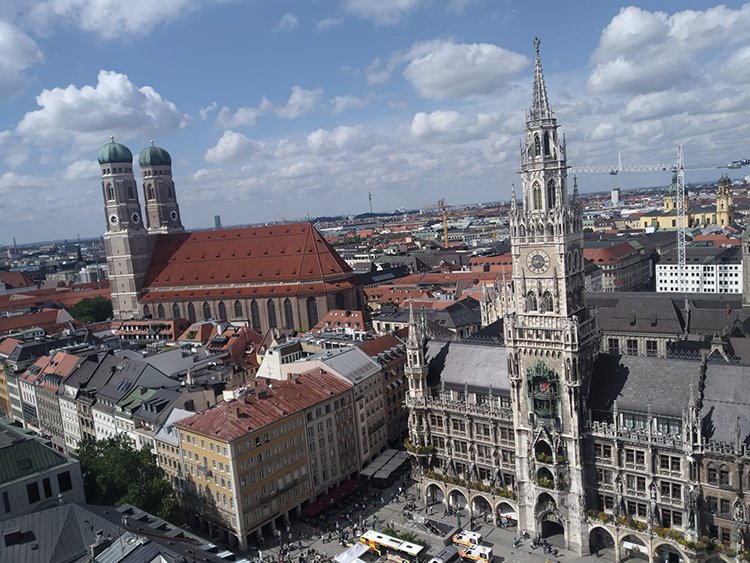
These two weeks were incredibly stimulating on an academic, cultural, and social level, and I realised and extended my learning outcomes in a variety of ways. Two hallmarks of the Institute’s method that particularly helped me to become more confident in conversing in German were the rule of speaking and learning exclusively in German, and the focus on ‘living’ German culture. At first, the former took me slightly out of my comfort zone – I had only learnt to trawl through German texts at a gradual pace across the previous nine months; it took much more effort to formulate clauses with serpentine syntaxes, out loud, at speed. But, as I progressively came to appreciate during the course, often the best way to learn to speak a language is to dive into the deep end, to make mistakes with native speakers, and to learn from them, so as to gradually develop the all-important confidence to express oneself fully and master idioms and idiosyncrasies. Indeed, by frequently speaking German with my peers and locals in Munich, I gradually developed a feel for the language and typical expressions, in particular learning to distinguish and utter grammatically correct endings and forms (e.g. of adjectives and nouns). This made me particularly happy, since I had stumbled with these (crucial) word endings in my MPhil module. So, over the two weeks, aided by thematic discussions from travelling and the workplace to mock-interviews, email-writing, and the beloved Konjunktiv, I learnt to use multi-clausal sentences at spoken speed and integrate new grammar into them. I put this into practice with the latter point, namely in the cultural trips around Munich and Bavaria (such as to Munich’s Theresienwiese, Biergärten, ‘Chat Cafés’, and Bavaria’s Regensburg). During these, it was humbling to appreciate how difficult the German we were learning sometimes was, even for Germans. One of the biggest perspective-checks I received occurred when I heard native Münchner occasionally mix grammatical genders or syntax: it is a difficult but constant learning process. But the course’s structure, and the confidence it nurtured in me to make mistakes, created a lively and encouraging environment where we all learnt rapidly. This showed in my final report: I was delighted to have achieved the level of B.1.1 with ‘great success’.
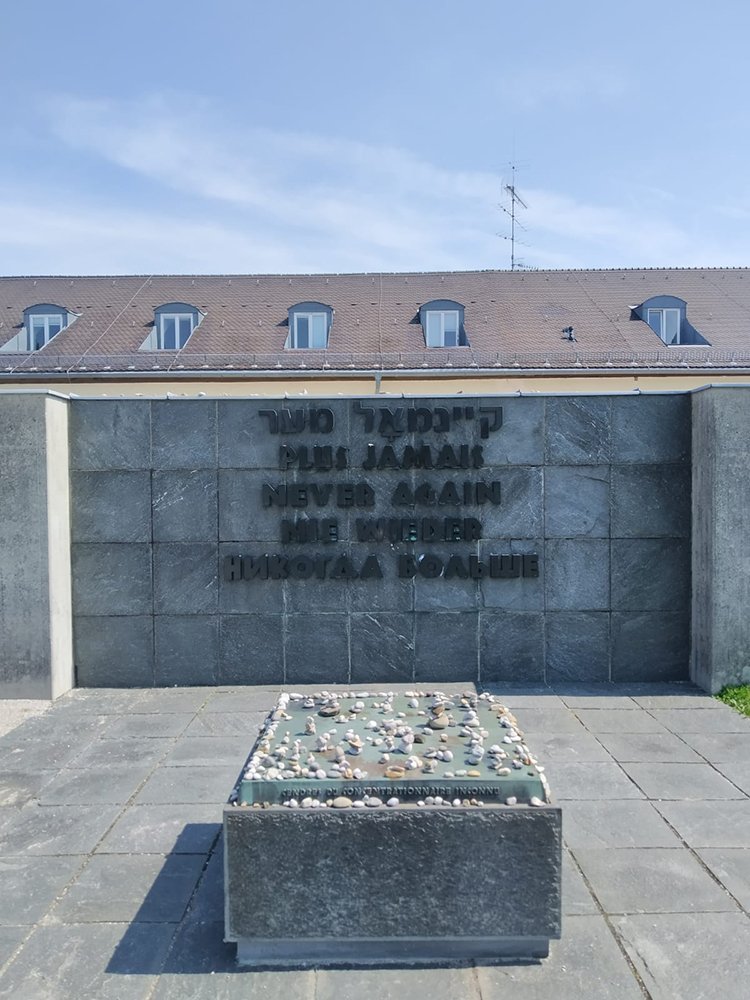
After the course, I wanted to continue consolidating the skills I had learnt. I had therefore planned to visit various cultural sites in Munich and Bavaria for a week after the course, in particular museums and sites linked to my MPhil subject, Ancient History. I had the chance to visit not only the two famous ancient museums in Munich, the Glyptothek and Staatliche Antikensammlungen, which had many artefacts I had studied in my MPhil, but also other famous museums relating to Classics more broadly, including the Egyptian Museum, Alte Pinakothek, Roman Limes and fort of Abusina. On top of this ancient focus, I also visited museums and sites linked to German and Bavarian culture, both to practice my German there and appreciate more fully the culture behind the language. The trips to museums like the Stadtmuseum, Olympic Park, and further afield to Schloss Nymphenburg and Landsberg-am-Lech, alongside hikes in the Alps and swims in lakes, enriched my understanding of Bavaria’s and Germany’s culture. Most importantly, in certain cases these trips also taught me broader lessons about history and our shared human values. My visit to Dachau’s concentration camps was a necessary and moving experience: seeing the images, listening to and reading the accounts of the victims first-hand reinforced how important it is for all of us to understand our history and the past’s horrors to never again repeat them – as the threat of them happening unfortunately increases today. In the context of Munich’s troubled history with the Nazis, my other visits to the NS Documentation museum, Jewish Museum, Stadtmuseum in Munich, and many intra-urban sites associated with them, put into better perspective our own current-day issues from refugee crises to war crimes and societal rebuilding. It also showed how far Munich had come from this past, and how many of these changes were reflected in the language I was studying. These experiences have motivated me to educate myself further on this history and take a more active role in tackling them beyond my studies. These visits were mind-opening for my own research as well, as they provided modern methodological insights into collective trauma and displacement for my own study of refugee crises and memory in Classical Greece.
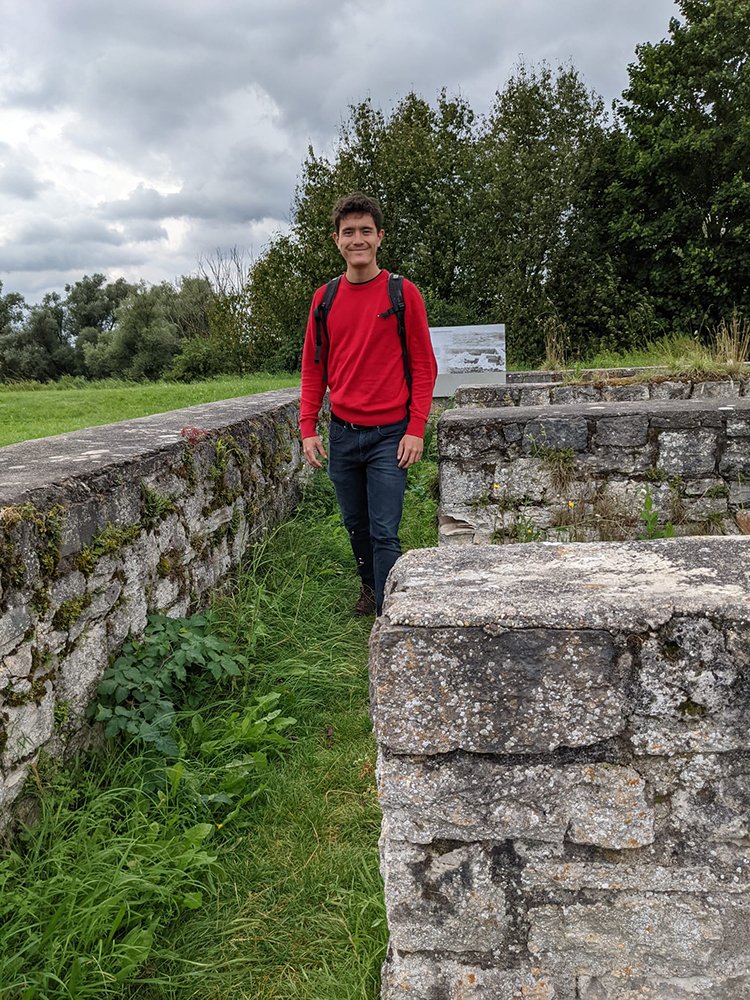
Thus, the trip was a truly formative experience and helped me develop in more fields than I could have imagined. The Lord Grimstone and Graduate Research Travel Grants funded the tuition fees of the course, transportation to Munich, and maintenance costs from museum tickets to food. I am especially grateful for the Grants because they were still awarded to me albeit my itinerary changed due to Covid restrictions and because the trip would otherwise have been challenging to support financially. I extend my lasting thanks to Lord Grimstone’s and Merton’s generous benefaction. I look forward to returning to Merton in September to continue the learning process, and to putting my new lessons – made possible by the Grants – into practice in the MCR and my research. I shall eagerly encourage other Mertonians to take advantage of this wonderful opportunity.